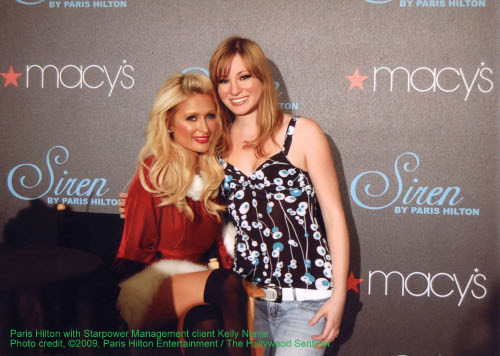
PILOT SEASON: Pilot season refers to the time, generally a four
month period, during which producers and networks shoot at least
22 minutes of final cut footage for consideration for network
pick up. This time is usually around January to April, however,
this time may be extended, and is often debated, with it being a
big question among beginning actors as to when in the world it
actually is.
Over the past few years, pilot season has arrived sooner, once
due to a strike, and recently, it seemed to keep getting sooner
and sooner, with many pilots now beginning shoots as early as
September. Actually, pilots can be shot at any time of the year,
yet the majority usually fall some where between the last and
first quarter of the year, for consideration for fall pick up.
The 22 minutes length is due to the average segment length of a
T.V. show, minus commercials. Some test shoots are shortened down
to only about 7 or 8 minutes, at which they are no longer pilots,
as they can not stand alone for a major audience viewing, and
instead are called demos. Some pilots are shot as full length 90
to 120 minutes, with the intention of doubling as a film, if T.V.
does not pick up the project. Some pilots go to what is called
"development hell," and never get picked up.
Pilots are shot usually as just a first episode, and are given a
test market approach by the networks to attempt to gauge how it
will do in the ratings. Nielson is the main rating system, though
with the advent of video on demand and other digital sources,
market analysis is changing. I will not go in to here the
controversy surrounding the ratings systems. Networks often use
test audiences to rate on a scorecard or the like, how well they
like a show or not. This can make or break a pilot. Many aspiring
actors feel that they must travel to L.A. for pilot season, or if
they are here, that they must have an agent and participate in
it. It is a fact that many new T.V. actors get their start by new
shows that get picked up during pilot season. Some sources I have
read actually tell actors not to pursue pilot season, and list
reasons why. This is foolish. While there is always work, the
competition is always fierce, no matter what time of the year it
is. The other thing to realize is, if you know in your heart,
mind, and body and soul that you will achieve something, it has
nothing to do with what time of the year it is. If it is meant to
be, and you use your power to make it happen. Be bold, daring,
and different.
If you want to make a great success during pilot season, my
suggestion would be to focus on just a few shows that you know
about, with complete obsession and determination. Learn every
thing you can about the show, about the creator, and the crew
(without being a stalker or a creep)! Then, pursue each project
with all of your might, aggressively, again and again, from every
angle, until you get it. Too many actors I have seen are too
scattered, and bounce from audition to audition, expecting it to
just fall in their lap, instead of actively focusing on one role,
and one part, and doing all they can to make that showrunner know
they are the best person for the cast. The key here is quality
over quantity. Rather than trying to do it all, audition for all,
and mastering none, focus on a few, and be a master of each
scenario. Know with every part of you that you did all you can to
get that part on that one specific show. Then, once you know
that, accept it as a learning process, and let it go. If you
don't get it, who cares? You will still wake up tomorrow
breathing, and have a life to live. If you have this approach,
much more will come to you, and then, when you do get the part,
you can be thankful that you attracted something great to the
best in you.
THE MUSIC BUSINESS:
When I talk to major label execs, the thing they tell me they
want is what they refer to as 'radio ready.' That means, they do
not want to have to spend money on developing most new artists
music with heavy studio costs. Record labels function in two main
capacities, first, as the publishing side, where they own, rent,
and sell songs for usage to other companies, film, T.V.,
commercials, and the like, and the artist side, where they sign,
develop, and merchandise artists. Most major labels also provide
their own in house agent or manager for artists, or at the very
least they provide a publicist. Publicists can range from an one
time tour publicist, a publicist handling the same artist for
multiple tours, or a publicist handling the entire scope of an
artist’s career. The other aspect of a label is the booking
agent, which includes booking the gigs, and road and tour
manager, also known as tour support, which when you seek to get a
label deal, may also include transportation provisionals. Many
labels these days offer little or no signing bonus, that is, an
advance sum of money a band or artist gets when they sign.
Remember, any signing bonus generally comes back out of an
artists profit on the back end, but it can be key to a struggling
new artist needing financial support for a kick off tour and new
career. Artists can get a label deal, or a distribution deal, or
both.
Continued on next
page.
www.bruceedwin.com
www.parishilton.com
the Hollywood Sentinel, ©2009.